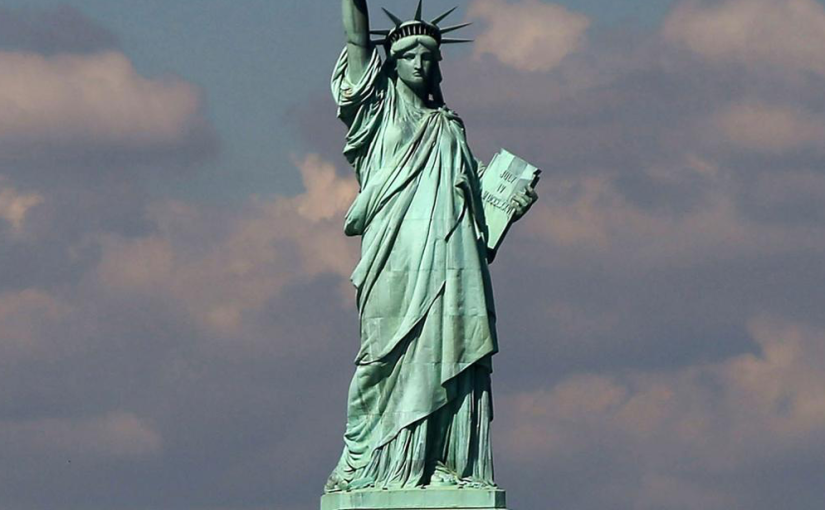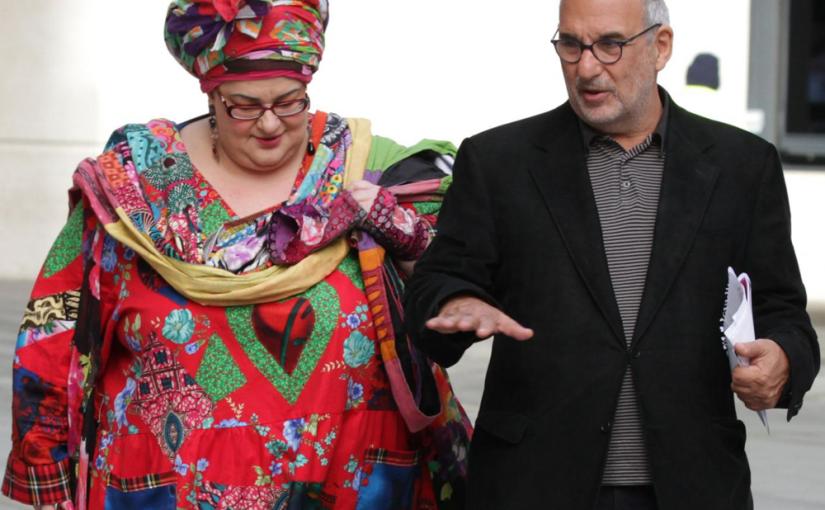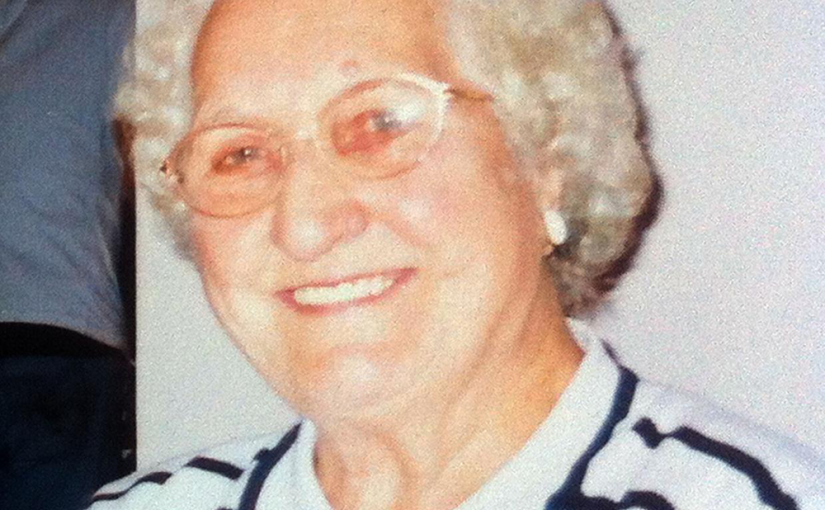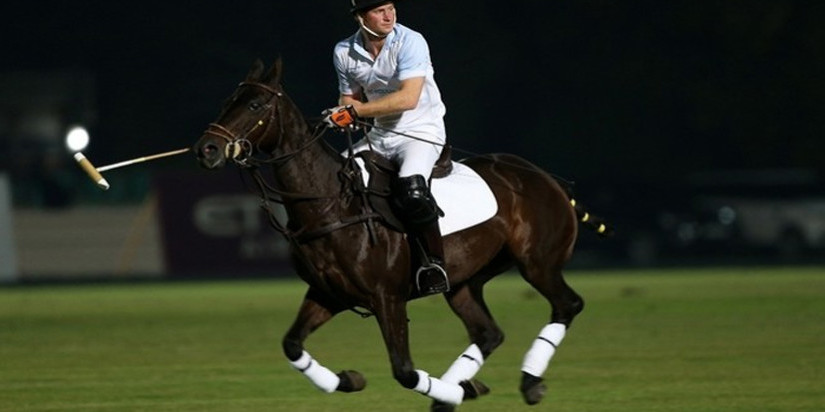America has been named as the world’s most generous nation in the world, where its citizens give the most to charity, according to a new report.
The USA, New Zealand and Canada have the highest rate of charitable donations as a percentage gross domestic product (GDP), the Charities Aid Foundation (CAF) found.
The UK had the fourth highest rate of charitable donations in a study of 24 nations and topped all other EU countries that were looked at.
CAF’s report took data from countries accounting for around 75 per cent of global GDP and 53 per cent of the world population.
Charitable giving by individuals as a percentage of GDP in America was recorded at 1.44%, in New Zealand at 0.79%, in Canada at .77% and in the UK – which came fourth globally – at 0.54%.
The report also analysed the impact of taxation and government spending and the amount given to charity and found there was “no significant correlation” except for employer social security charges, highlighting the complexity behind people’s decisions of when to give and how much.
Adam Pickering, international policy manager at CAF, said: “Across the 24 nations we studied, we found no significant link between government spending, income or corporation tax and the proportion of GDP donated by individuals.
“This suggests the relationship between the amount of taxes people pay and the amount they give to charity is not as clear cut as some may have thought.
“The factors which motivate people to give, and influence how much they give, are incredibly complex.”











